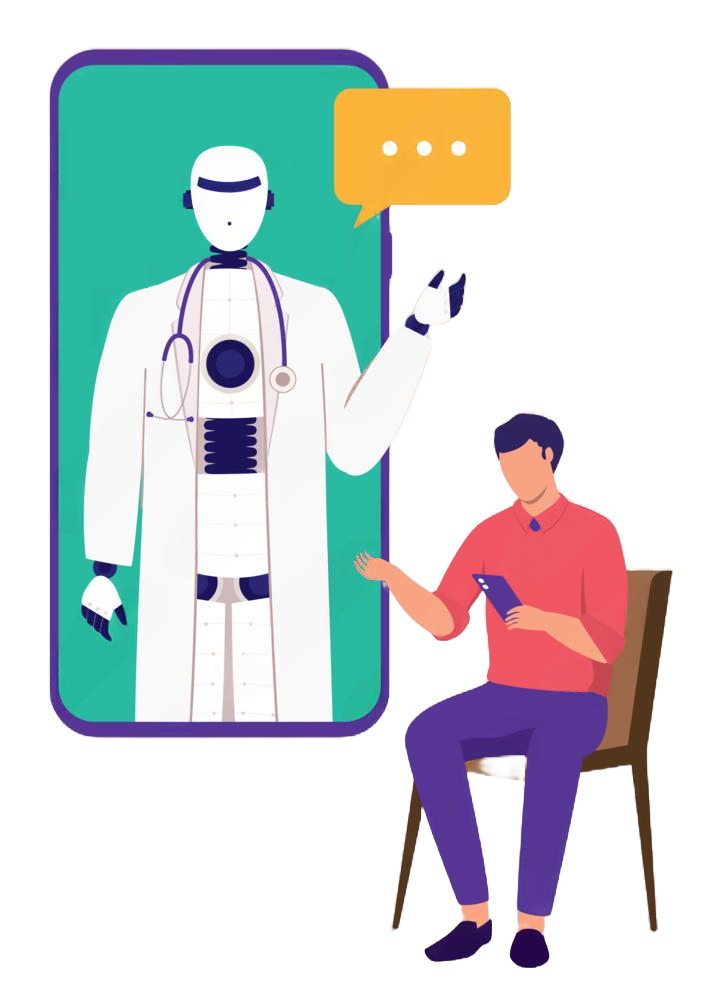Artificial Intelligence is implemented in almost every field, and how healthcare sector is left behind. AI can now answer questions about basic medical symptoms. But despite the hype, AI can’t replace real doctors and physicians entirely. Here are five reasons why an AI doctor will remain an assistant, not a replacement.
1. Human Empathy and Compassion
One of the most important limitations of AI in medicine is that it lacks human empathy. When people visit a doctor, they want more than a just diagnosis. They want someone to listen, understand, and can empathize with their concerns. So this only could happen in the presence of human doctors.
Human doctors make their patients feel more comfortable in their tough times and also encourage them, which builds trust. On the other hand, AI may provide you with information quickly but it lacks the empathy that helps patients feel more valued and understood.
2. Complex Decision Making
In medical decisions, there are lots of complex decisions that an AI medical assistant may struggle to follow. Doctors consider all the factors while diagnosing such as multiple symptoms, patient’s history, and varied health conditions. Once doctors consider all these factors then they suggest the best-customized treatment options. Whereas, AI doctors only follow programmed patterns and are not as skilled in handling complex and unique situations where the answer isn’t clear cut.
3. Critical Thinking and Creativity
Doctors often have to deal with unique cases in which creativity and innovations are much needed. In this situation, doctors have to think outside of the box to find solutions that are sometimes rare or unusual. This creative problem-solving ability enables them to provide solutions that an AI doctor free or doctor AI chatbot can’t develop on its own. So these types of innovations you can only get from human doctors.
4. Patient-Doctor Relationship
The patient-doctor relationship is very meaningful when it comes to healthcare. Doctors build the trust of their patients by meeting with them in person, getting to know their personal stories and situations, and even having casual conversations. These things help patients feel more comfortable and cared for which makes it easier to build a strong relationship.
5. Accountability and Responsibility
Doctors are accountable for their decisions and take responsibility if something goes wrong. They review their choices and learn from their experiences. AI, on the other hand, follows set programming and can’t take responsibility if something goes wrong. So having a human doctor makes sure that there is always someone responsible for the patient’s well-being.
FAQs
Can AI replace doctors?
No, AI cannot replace doctors. It may assist doctors by analyzing data and offering insights, but it lacks human qualities just like patient care.
What is the role of emotional intelligence in healthcare?
Emotional intelligence helps doctors support patients and families and makes difficult moments more bearable which is something that AI lacks.
How does an AI medical assistant work?
An AI medical assistant helps by analyzing data, managing records, and suggesting potential diagnoses based on data. However, it lacks human judgment and emotional understanding.
